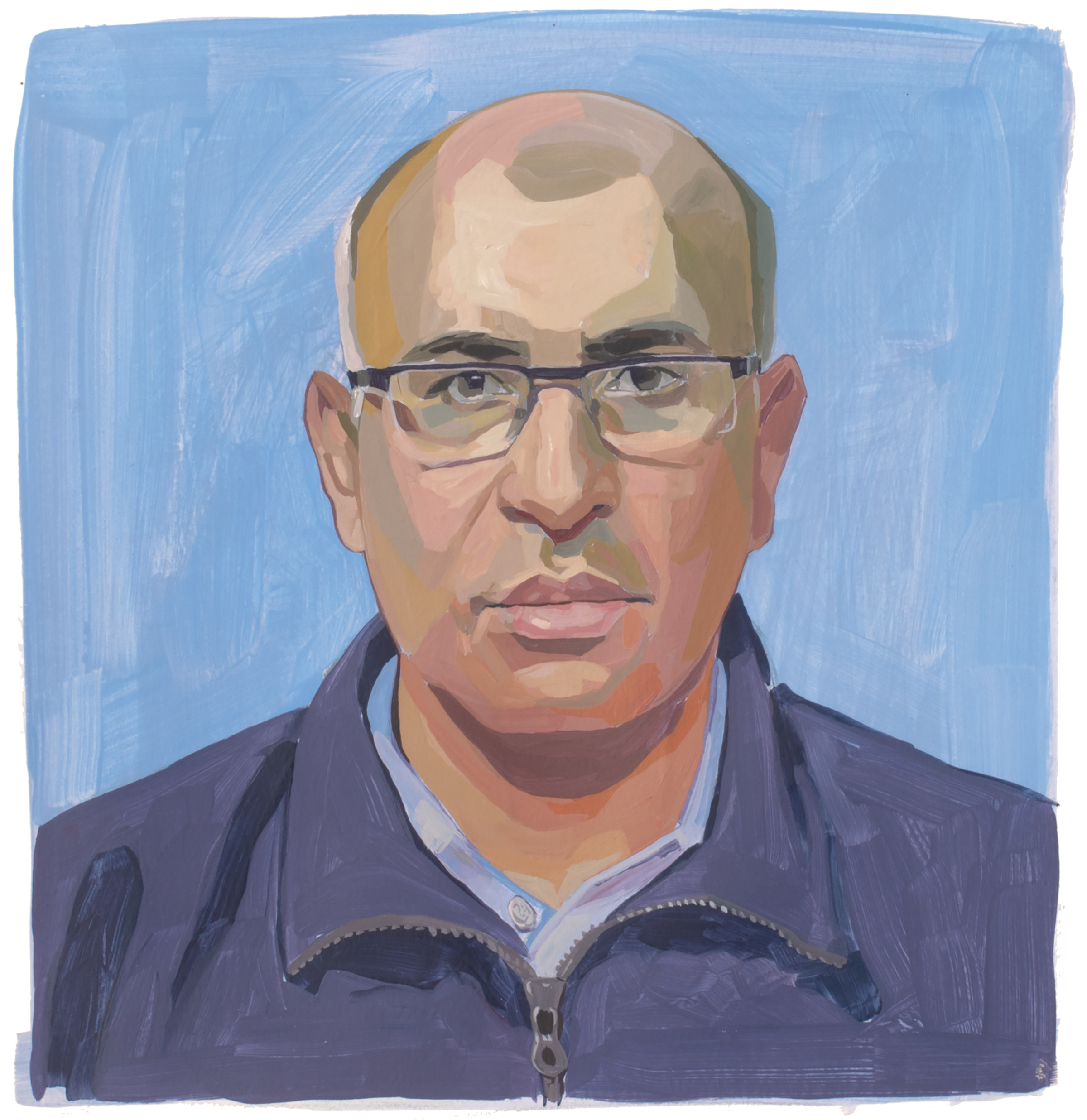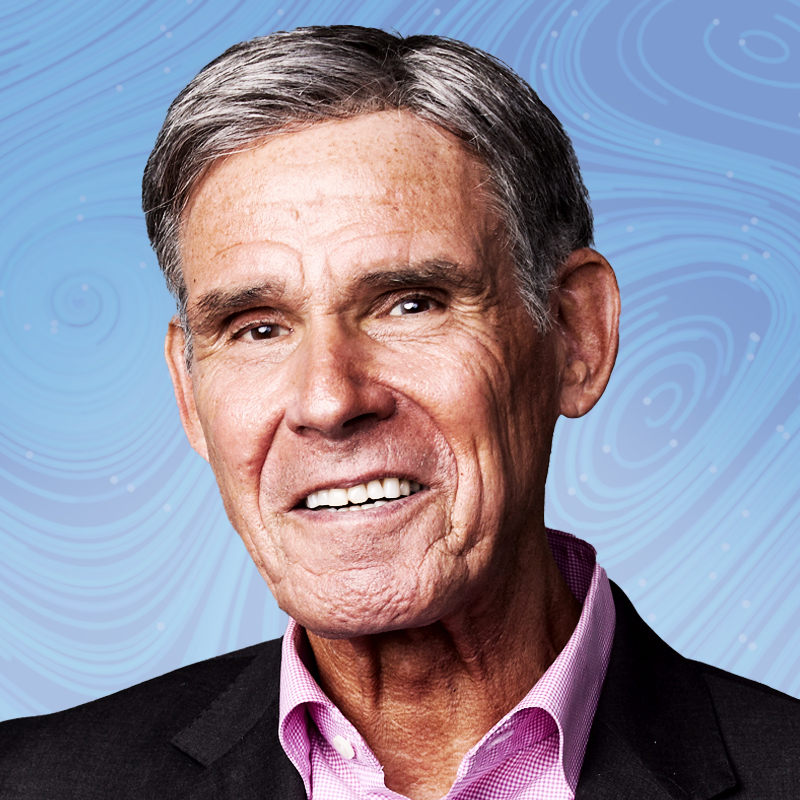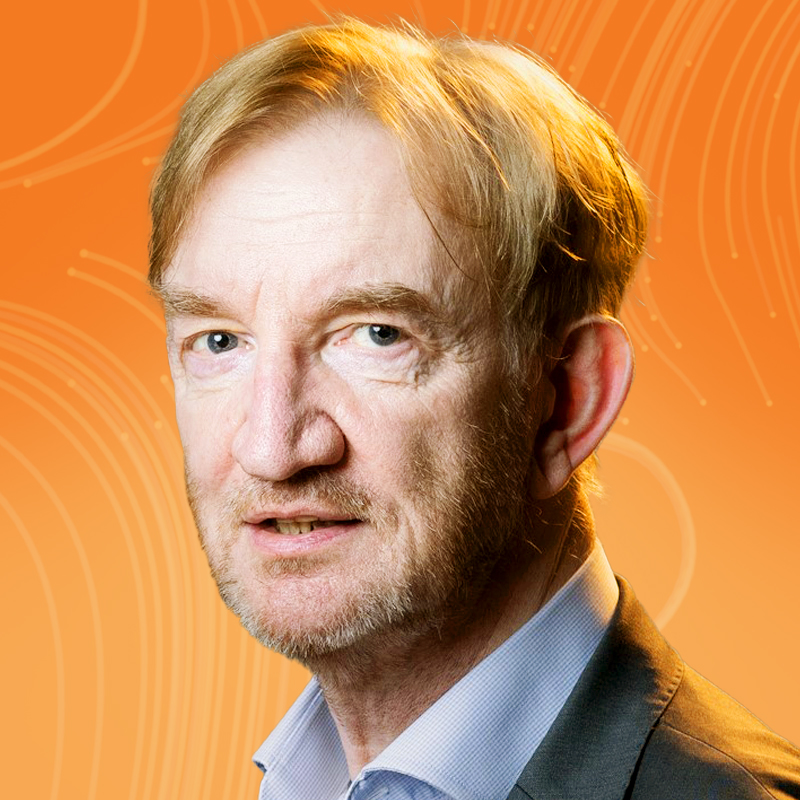A violent uprising across Haiti, exacerbated by Prime Minister Ariel Henry's resignation in March, has displaced hundreds of thousands, caused supply shortages, and forced widespread school and hospital closures. “Access to basic health care is a nightmare right now,” says Carlotta Pianigiani, emergency coordinator for ALIMA, which works on the ground to provide care in crisis zones. “Drinkable water is an issue, access to food is an issue, and freedom of movement is an issue because of constant attacks.”
Pianigiani has led the team’s efforts in Haiti since 2023, conducting an
exploratory mission last fall and arriving early this year to set up
mobile clinics. The team serves around 50 people a day, providing essential primary and psychological care to people whose doctor’s office or local hospitals have been forced to close. Because of ongoing security threats and the volatile political situation, the team must be ready to alter its plans at a moment’s notice—making its unique mobile setup especially useful. “From one day to another, half of the sites may close because people are forced to leave, so we need to constantly adapt,” Pianigiani says.
ALIMA’s support has been vital in a country still recovering from 2010’s
catastrophic 7.0 earthquake and a recent cholera outbreak, as a transitional council selects new government leadership. “We don’t have a lot of resources and the challenges are enormous, but being able to treat people, even in small ways—like getting a mother access to medication for her child or helping a little boy remember how to smile—is so meaningful,” says Pianigiani. “The people are what keeps you going.”
More Must-Reads from TIME
- Cybersecurity Experts Are Sounding the Alarm on DOGE
- Meet the 2025 Women of the Year
- The Harsh Truth About Disability Inclusion
- Why Do More Young Adults Have Cancer?
- Colman Domingo Leads With Radical Love
- How to Get Better at Doing Things Alone
- Michelle Zauner Stares Down the Darkness
Contact us at letters@time.com





